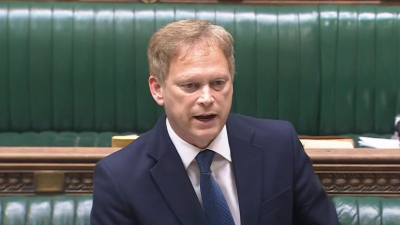In a resolute move amidst a protracted pay dispute, train drivers across 16 rail companies are set to stage a renewed series of strikes next month, as announced by the Aslef union. Commencing from Tuesday, May 7th and extending until Thursday, May 9th, the strike action will see drivers walk out, with overtime banned for six consecutive days starting May 6th.
Expressing frustration over the prolonged stalemate, the union revealed that discussions with employers or government representatives had not taken place for over a year, citing a perceived abandonment of resolution efforts. The strike schedule delineates a comprehensive list of affected lines and dates:
May 7th: c2c, Greater Anglia, GTR Great Northern Thameslink, Southeastern, Southern, Gatwick Express, South Western RailwayMay 8th: Avanti West Coast, Chiltern Railways, CrossCountry, East Midlands Railway, Great Western Railway, West Midlands TrainsMay 9th: LNER, Northern Trains, TransPennine ExpressThe decision to escalate strike action follows Aslef members' overwhelming mandate in February to prolong industrial action, prompting calls for dialogue from the train operating companies (TOCs).
General Secretary Mick Whelan criticized the TOCs' offer of a 4% pay increase followed by another 4%, labeling it "risible" and effectively stalled. He underscored the prolonged nature of negotiations, spanning three years without a pay raise, and the union's repeated attempts to engage in fruitful discussions.
Transport Secretary Mark Harper's assertion that the offer should have been presented to members was rebuffed by Whelan, who emphasized that drivers wouldn't opt for strike action if they deemed an offer satisfactory.
As the standoff persists, the Department for Transport has yet to issue a response to the impending industrial action, signaling continued uncertainty in the realm of rail services.
As the impasse between train drivers and rail companies deepens, the looming prospect of further strikes underscores the urgent need for meaningful dialogue and resolution. With commuters and travelers caught in the crossfire, the imperative for all stakeholders to reconvene at the negotiating table becomes increasingly evident. The coming days will test the resilience of both sides as they seek to bridge the gap and avert further disruption to the nation's vital rail network. Only through sincere efforts towards compromise and fair resolution can the specter of prolonged industrial action be dispelled, restoring stability and reliability to the railway system for the benefit of all.







